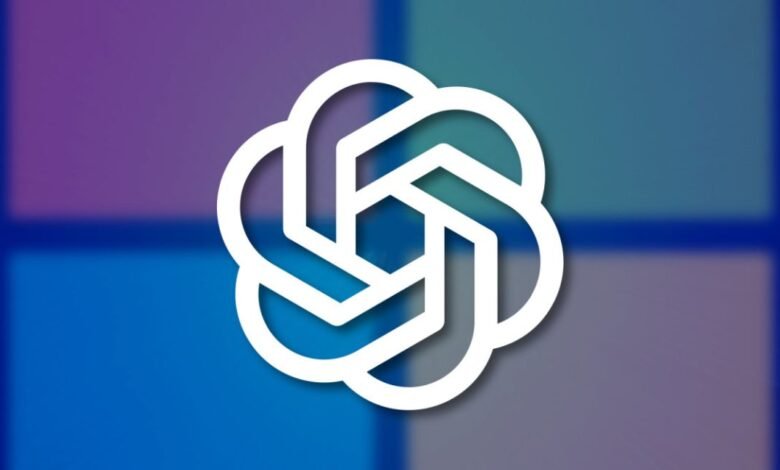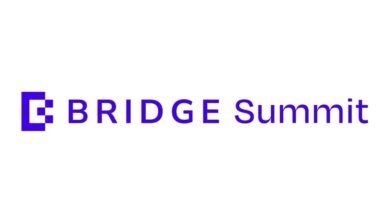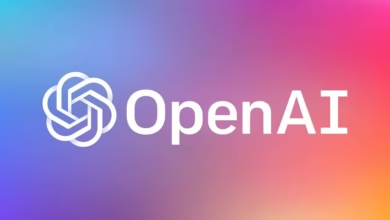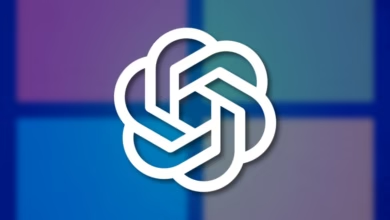OpenAI and Microsoft Forge New Partnership Deal

▼ Summary
– OpenAI and Microsoft signed a non-binding agreement to revise their partnership amid growing competition and infrastructure needs.
– The companies are working to finalize contractual terms while maintaining a shared focus on AI tools and safety commitments.
– OpenAI is restructuring from nonprofit to for-profit, requiring approval from Microsoft as its largest investor with over $13 billion committed.
– The partnership faces strain due to customer competition, compute capacity limitations, and contract disputes over AGI access terms.
– OpenAI abandoned its full for-profit conversion plan in May due to pressure from critics, regulators, and a lawsuit from Elon Musk.
The strategic alliance between OpenAI and Microsoft has entered a new phase with the signing of a non-binding memorandum of understanding, signaling a recalibration of their influential partnership in the rapidly advancing artificial intelligence sector. This development underscores both organizations’ commitment to refining their collaboration amid growing market demands and internal evolution.
In a joint statement released Thursday, the firms confirmed they are actively negotiating definitive contractual terms to solidify the next stage of their relationship. Together, we remain focused on delivering the best AI tools for everyone, grounded in our shared commitment to safety, the announcement emphasized, highlighting a continued alignment in vision despite emerging complexities.
This renewed agreement arrives at a pivotal moment for OpenAI, which is navigating a significant structural transition from a nonprofit to a for-profit model, a shift requiring approval from Microsoft, its largest financial backer. With over $13 billion invested since 2019, Microsoft’s stake in OpenAI’s future remains substantial, influencing both operational and strategic decisions.
Tensions within the partnership have become more apparent as OpenAI’s valuation soared to an estimated $500 billion, transforming it from an ambitious research initiative into a competitive industry titan. Both entities now vie for the same customer base, while OpenAI’s escalating computational needs exceed what Microsoft alone can supply. Contractual intricacies have further complicated matters, particularly clauses restricting Microsoft’s access to OpenAI’s technology upon achieving artificial general intelligence (AGI), a concept the companies economically define as AI systems capable of generating $100 billion in profit.
Earlier this year, OpenAI faced considerable external pressure that led to the abandonment of its original for-profit conversion plan. Critics, including former employees and high-profile figures like Elon Musk, argued that the move contradicted the organization’s founding ethos of serving humanity. Musk has taken legal action to prevent the restructuring, asserting that it violates OpenAI’s nonprofit origins and core mission.
(Source: Ars Technica)



